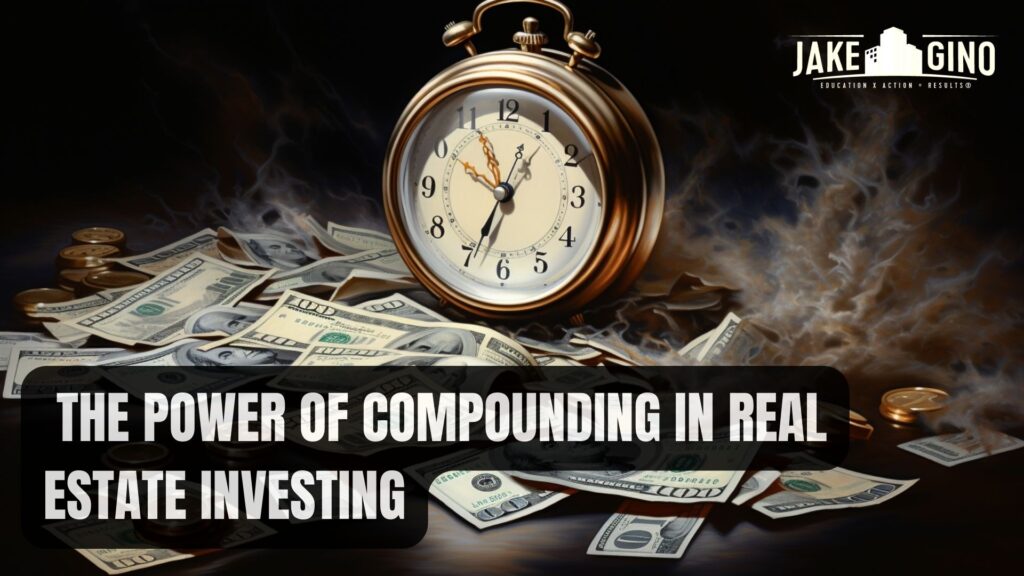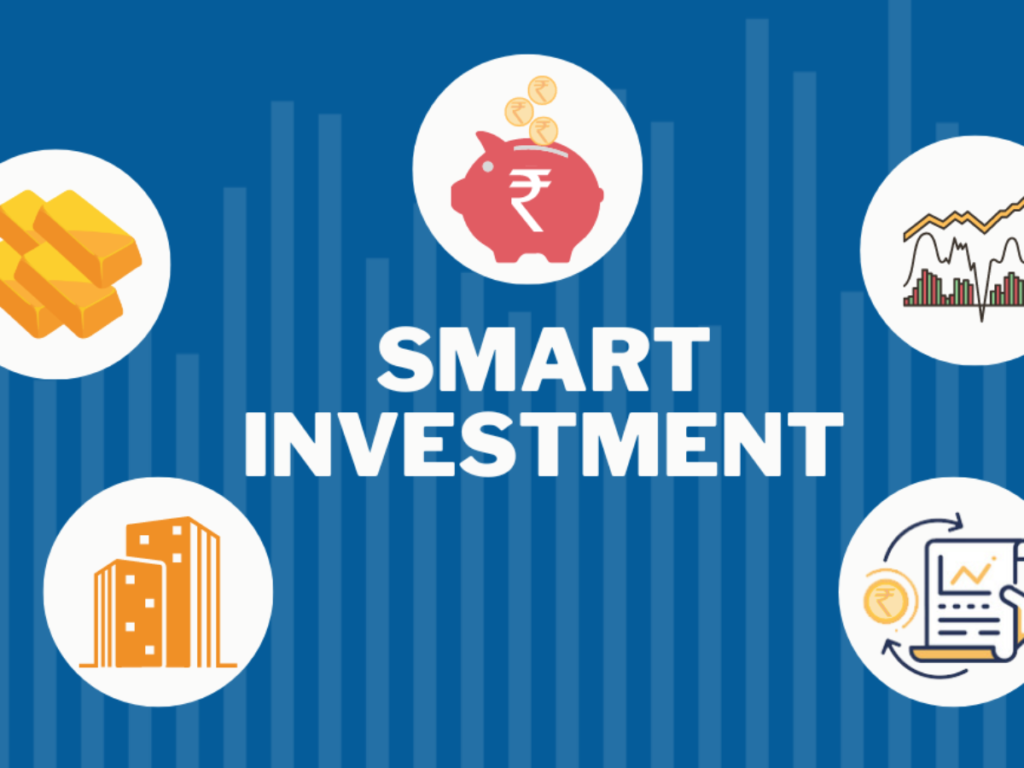
Summary
- Compounding in Real Estate: Compounding in real estate is the process of growing your wealth by reinvesting earnings from property appreciation and rental income.
- Economic Cycles: Market cycles (expansion, contraction, recovery) affect property values; knowing how to navigate them is essential.
- Types of Real Estate Investments: These include residential, commercial, industrial, and land investments, each offering unique compounding benefits.
- Maximizing Returns: Strategies like reinvesting rental income and leveraging property equity can boost long-term returns.
Strategies for Smart Investing
Real estate isn’t just about buying and selling properties; it’s about making your money grow over time, thanks to the power of compounding. Compounding in real estate works when the appreciation in property value and rental income you earn continue to generate returns, ultimately leading to much larger profits. We explore how compounding can help you build wealth in real estate, the best types of property investments, and strategies to make the most of your investments during different economic cycles.

If you’re new to real estate or looking to expand your knowledge, this guide will help you understand the essential concepts and opportunities in the ever growing real estate market.
1. Compounding in Real Estate: How it Works
In real estate, compounding happens when your property gains value over time and the returns you earn from it (like rental income) are reinvested. Unlike fixed-interest investments, real estate growth isn’t always linear; instead, it accelerates as more value accumulates over time.
Imagine you buy a rental property for $100,000, which appreciates at 5% annually. In the first year, your property is worth $105,000, and in the second year, the 5% appreciation is based on this new amount, making it worth $110,250. Each year, you’re compounding on a growing base, which can build significant wealth over the long term.
2. Economic Cycles and Compounding: Timing Matters
Economic cycles — expansion, contraction, and recovery — impact the performance of real estate investments and affect how compounding plays out.
Expansion Phase
During expansion, the economy grows, and demand for property increases, driving up both rental prices and property values. This phase is ideal for reinvesting rental income into improvements or even buying additional properties.
Contraction Phase
During contraction, the economy slows down, property values might stabilize or drop slightly, and new investment opportunities emerge. For those holding property, rental income often continues, allowing you to keep building wealth. Investors can also consider buying undervalued properties at this stage for future compounding.
Recovery Phase
In the recovery phase, the economy begins to improve, and real estate prices start to rise again. Compounding benefits can be especially strong in this phase as rental demand and property values rebound.
3. Types of Real Estate Investments for Compounding

Different types of real estate investments offer varying levels of compounding potential, risk, and returns. Here’s a breakdown:
Residential Real Estate
Investing in residential properties (single-family homes, apartments, condominiums) provides steady rental income and usually benefits from moderate appreciation. Residential properties are often in high demand, making them a solid choice for consistent compounding growth over time.
Commercial Real Estate
Commercial properties include office buildings, retail spaces, and shopping centers. They can offer higher rental yields than residential real estate but may be more sensitive to economic cycles. Commercial leases tend to be longer, providing stable income, which can fuel steady compounding if reinvested.
Industrial Real Estate
This includes warehouses, factories, and storage facilities. With the rise of e-commerce, industrial properties have become more valuable, as companies need storage and distribution centers. Industrial real estate often offers high rental yields, which, if reinvested, can create strong compounding effects.
Land Investment
This is a long-term strategy that relies on appreciation. Land doesn’t provide rental income (unless leased for specific uses), but its value can increase significantly, especially in areas with high development potential. As urban areas in Kenya grow, land near cities becomes a valuable asset that can benefit greatly from compounding.
4. Maximizing Compounding Returns in Real Estate
Harnessing compounding in real estate requires strategies that optimize growth while managing risk. Here are some tried-and-true tactics:
Reinvest Rental Income
Using rental income to enhance properties or buy additional real estate is one of the most effective ways to grow wealth through compounding. For instance, upgrading a rental property can justify higher rents, which increases your income and, consequently, your investment base.
Leverage Property Equity
Equity is the portion of your property’s value that you own outright, which increases as you pay down the mortgage or as property value rises. You can use equity to finance new property purchases. This approach can significantly boost the compounding effect by growing your portfolio without needing all cash up front.
Diversify Across Property Types
Investing in different types of real estate, such as residential and commercial properties, helps balance risk. Diversification can stabilize your returns during downturns and lets you benefit from compounding across various market segments.
5. Compounding in the Kenyan Real Estate Market

Kenya’s real estate market has seen steady growth, especially in urban areas like Nairobi and its satellite towns. Factors like increased urbanization, demand for affordable housing, and infrastructure developments have created strong opportunities for real estate compounding.
Nairobi’s Satellite Towns
Satellite towns around Nairobi, such as Kitengela, Thika, and Ngong, are experiencing rapid development. Investors buying properties in these areas benefit from appreciation driven by urban sprawl, and rental demand is often high due to their proximity to the city.
Affordable Housing
The push for affordable housing in Kenya has led to increased investment opportunities in multi-family residences. Investors in affordable housing projects can take advantage of both rental income and long-term appreciation as demand for budget-friendly housing grows.
Also Read: Affordable Housing Solutions in Kenya
Real estate compounding is a powerful wealth-building tool that requires patience, strategic reinvestment, and knowledge of market cycles. By understanding how different economic cycles affect property values, choosing the right types of real estate investments, and reinvesting your returns, you can significantly enhance your portfolio’s growth. For those looking to invest in Kenya’s dynamic real estate market, opportunities abound—particularly for those who leverage compounding to its full potential.
Whether you’re interested in residential properties, commercial spaces, or the high-growth potential of land, Kenya offers a vibrant market where compounding can work to your advantage.





